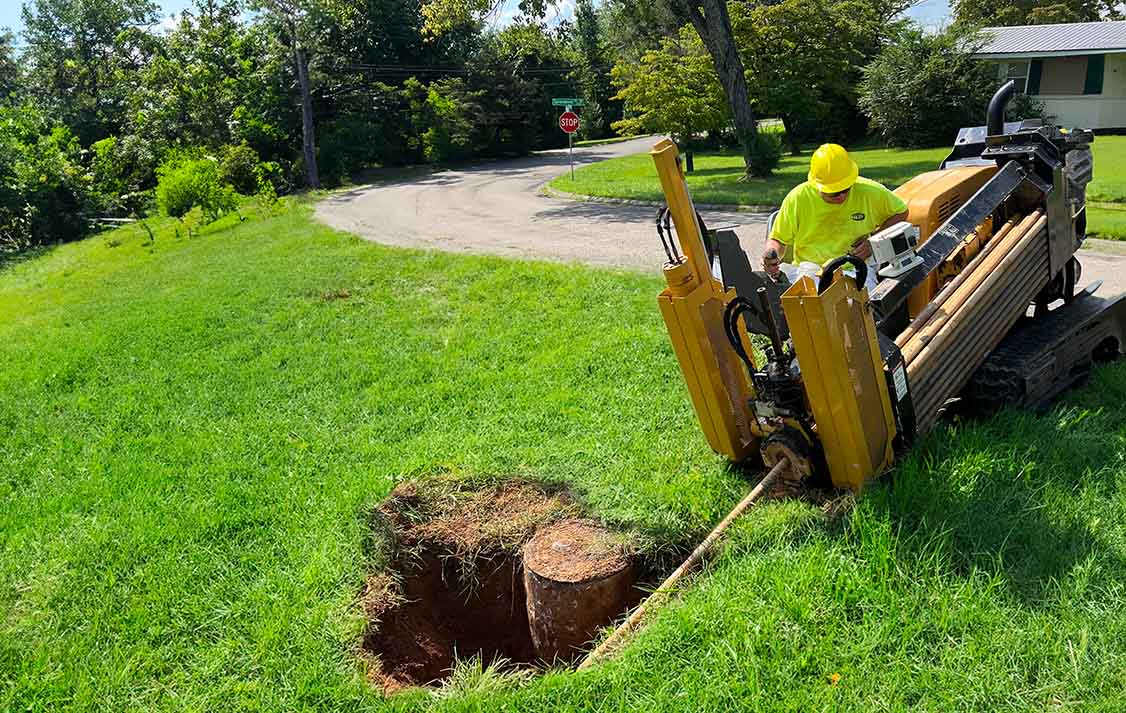

Clogged Drains
Your trusted partner for professional home services. Quality workmanship, guaranteed satisfaction.




- HEP
- Clogged Drains
Clogged Drains | Emergency Plumbing | Plumbing | Pelham
When a shower backs up minutes before work or a kitchen sink stops draining right before guests arrive, every second counts. HEP’s licensed technicians arrive fast in Pelham with state-of-the-art drain cameras, high-pressure jetting equipment, and fully stocked trucks, ready to clear blockages on the first visit. From tree-root intrusions to grease build-ups, we diagnose the cause, explain your options, and restore flow—all while treating your home as carefully as our own.
Day or night, weekends or holidays, our emergency plumbing team is on standby so you never face flooding floors or foul odors alone. Up-front pricing, honest recommendations, and a satisfaction guarantee mean the only surprise you’ll get is how quickly water is moving again. One call to HEP turns clogged-drain chaos into smooth, worry-free plumbing.
FAQs
What are the most common causes of clogged drains in Pelham homes?
In Pelham, the majority of residential drain blockages are caused by a combination of grease buildup, food scraps, and soap scum in kitchen lines; hair, toothpaste, and shampoo residue in bathroom lines; and flushed wipes or other non-flushable items in toilets. Older homes in the area may also have cast-iron or galvanized steel piping that has corroded or narrowed over time, making it easier for debris to snag and create a blockage. Tree roots invading the main sewer line are another frequent culprit, especially in neighborhoods with mature landscaping.
When should I call an emergency plumber for a clogged drain?
You should call for emergency service if: 1) multiple fixtures back up simultaneously (e.g., toilet gurgles when you run the sink), 2) wastewater is overflowing onto floors or lawns, 3) you smell sewage inside your home, 4) you’ve tried a plunger or a non-caustic drain cleaner with no success, or 5) the clog occurs outside normal business hours and is disrupting daily activities. Waiting can lead to water damage, mold growth, or sanitary hazards, so it’s best to get a licensed Pelham plumber on site promptly.
What can I expect when your Pelham emergency plumber arrives?
Our technician will first perform a visual inspection and ask about the history of the clog. Next, we protect surrounding surfaces with drop cloths and shoe covers. We typically start with a professional-grade auger (drain snake) to break up and retrieve the obstruction. If the blockage is deeper or recurring, we may use a high-pressure hydro-jetter or a sewer camera to locate and clear the problem. Once flow is restored, we test all affected fixtures, clean the work area, and provide a written report with prevention tips and any repair recommendations.
Can chemical drain cleaners fix my clog?
Over-the-counter chemical cleaners may dissolve minor soap or grease buildup, but they rarely clear full obstructions and can actually damage PVC or older metal pipes, leading to leaks down the road. They can also generate harmful fumes and heat. Professional mechanical or hydro-jetting methods are faster, more thorough, and far safer for your plumbing system and the environment. If you’ve already poured chemicals into the drain, tell the plumber so we can take proper safety precautions.
How much does emergency drain cleaning cost in Pelham?
Pricing depends on the location and severity of the clog, the time of day, and whether specialized equipment (camera inspection, hydro-jetting) is required. Most simple residential stoppages run between $175 and $300, while complex main-line blockages or after-hours calls can range from $350 to $600. We provide up-front, flat-rate quotes before work begins and waive the service call if you approve the repair.
How can I prevent future clogs and backups?
1) Keep fats, oils, and grease out of the sink; collect them in a container and dispose of them in the trash. 2) Install mesh strainers in showers and tubs to catch hair. 3) Flush only toilet paper—no wipes, cotton swabs, or feminine products. 4) Run hot water for 30 seconds after using the garbage disposal. 5) Have your main sewer line professionally inspected and jetted every 18–24 months, especially if you have large trees near the lateral. 6) Educate family members about what should and should not go down each drain. Following these habits greatly reduces the risk of sudden clogs and emergency calls.